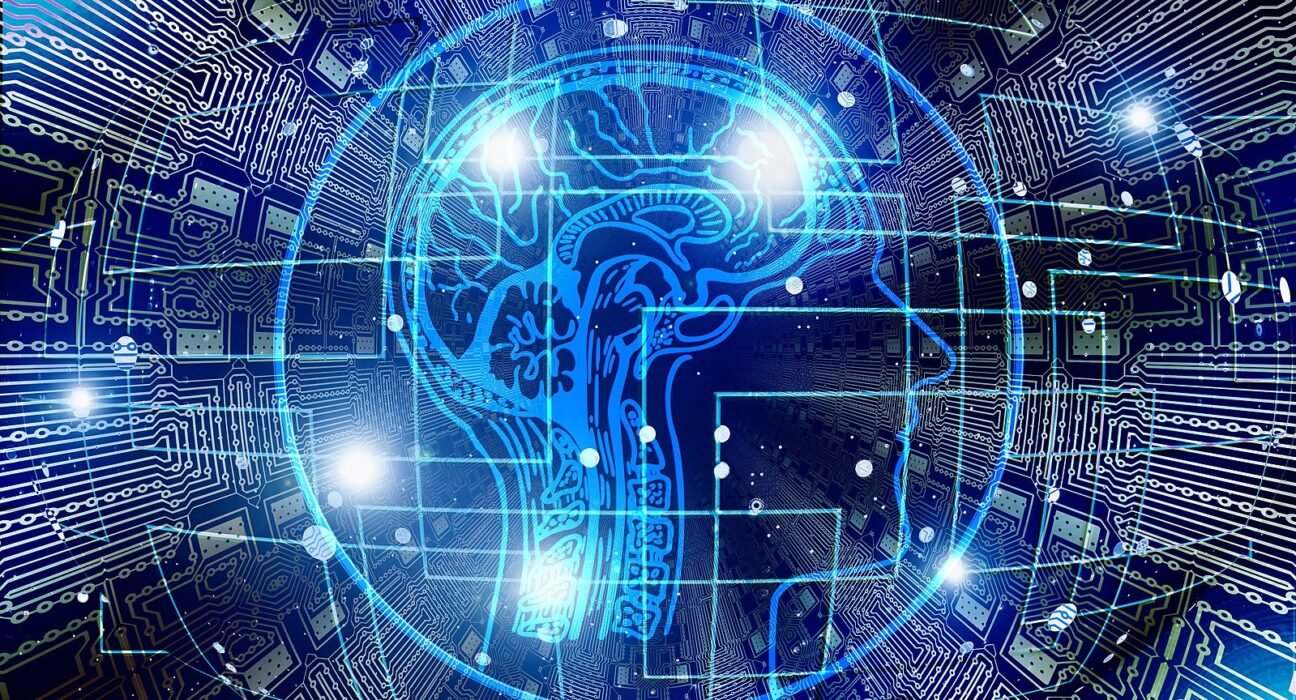Exploring the Future of Artificial Intelligence: Opportunities and Challenges
Artificial Intelligence (AI) is transforming the way we live and work. From self-driving cars to advanced medical diagnostics, AI’s capabilities are expanding at an unprecedented rate. This article delves into the latest advancements, potential applications, and the ethical considerations surrounding AI development.
Latest Advancements in AI
AI has made significant strides in recent years, particularly in areas such as machine learning, natural language processing, and computer vision. Some notable advancements include:
- GPT-4: An advanced language model capable of understanding and generating human-like text, revolutionizing content creation and customer service.
- AlphaFold: A breakthrough in protein folding prediction by DeepMind, which has significant implications for medical research and drug development.
- Self-Driving Technology: Companies like Tesla and Waymo are pushing the boundaries of autonomous driving, aiming for safer and more efficient transportation.
Potential Applications
The potential applications of AI are vast and varied, touching nearly every industry:
- Healthcare: AI-powered tools can assist in diagnosing diseases, personalizing treatment plans, and even predicting patient outcomes.
- Finance: AI algorithms help detect fraudulent activities, optimize trading strategies, and provide personalized financial advice.
- Retail: From chatbots to personalized shopping experiences, AI is enhancing customer engagement and operational efficiency.
- Agriculture: AI-driven technologies improve crop monitoring, pest control, and yield prediction, contributing to more sustainable farming practices.
Ethical Considerations
While AI offers numerous benefits, it also raises important ethical questions:
- Bias and Fairness: AI systems can perpetuate existing biases if not properly addressed, leading to unfair treatment in areas like hiring and law enforcement.
- Privacy: The use of AI in surveillance and data analysis poses significant privacy concerns, necessitating robust data protection measures.
- Job Displacement: The automation of tasks through AI could lead to job losses in certain sectors, underscoring the need for reskilling and education initiatives.
The future of AI holds immense promise, offering opportunities to revolutionize industries and improve our daily lives. However, it is crucial to navigate the challenges and ethical considerations to ensure that AI development benefits society as a whole. By fostering a balanced approach, we can harness the power of AI while mitigating potential risks.




